
Brian's Run Pod
Welcome to Brian's Run Pod, the podcast where we lace up our running shoes and explore the exhilarating world of running. Whether you're a seasoned marathoner, a casual jogger, or just thinking about taking your first stride, this podcast is your ultimate companion on your running journey.
Join us as we dive deep into the sport of running, covering everything from training tips and race strategies to personal stories and inspiring interviews with runners from all walks of life. Whether you're looking to improve your race times, stay motivated, or simply enjoy the therapeutic rhythm of running, Brian's Run Pod has something for every runner.
Brian's Run Pod
The Runner's Transformation with Paul Piper
Use Left/Right to seek, Home/End to jump to start or end. Hold shift to jump forward or backward.
Discover the relentless spirit of Paul Piper, a UESCA certified coach, as he narrates his astounding evolution from a 3:20 marathon debut to a 2:22 personal best. If personal transformation through the lens of running spikes your curiosity, you're in for a treat as Paul recounts his adventure into the marathon world, culminating in his mastery of the six world marathon majors. This isn't just a tale of individual success; it's a powerful testament to running's transformative effects on community and personal growth. Uncover how Paul's late discovery of his athletic prowess in distance running became a cornerstone for building resilience and camaraderie among runners.
This episode goes beyond the finish line, delving into how Paul's dedication to running morphed into a thriving coaching business. Imagine improving your marathon time by setting precise goals and embracing a structured training routine, all while basking in the support of a running club like the West Four Harriers. Paul imparts his wisdom on starting a coaching venture and attracting clients, emphasizing the important blend of physical readiness and mental fortitude necessary for marathon training. Whether you're lacing up your running shoes for the first time or looking to shatter your personal records, Paul's coaching philosophy and the value of accountability will leave you inspired to push your limits. Join us for a conversation that could very well ignite your next athletic endeavor.
Perfect Split Running Website
Brian's Run Pod has become interactive with the audience. If you look at the top of the Episode description tap on "Send us a Text Message". You can tell me what you think of the episode or alternatively what you would like covered. If your lucky I might even read them out on the podcast.
Instagram
So you're thinking about running but not sure how to take the first step. My name is Brian Patterson and I'm here to help. Welcome to Brian's Rompod. Welcome back to Brian's Rompod and I hope you're having a great week. I've just recently joined a gym New Year's resolution and all that and it just happens to be where I used to work.
Speaker 1:Anyhow, I bumped into a friend of mine, mark, and told him about the podcast. Mark is a golf pro and said I know just the person to have in your podcast. He'd be a great guest. His name is Paul Piper and is the man behind the perfect splits and folks.
Speaker 1:Paul has been in the running game for over 12 years and his journey from a 320 marathon debut to a mind-blowing 222 personal best by the way, that's 17 kilometers per 17 kilometers per hour on the treadmill is nothing short of inspirational. So Paul is not just a speed demon on the roads, he's also a fully certified UESCA running coach. And get this he's conquered 24 marathons to date, including all six world marathon majors. Now that's some serious gloat-tropping for the love of running. He says, and I quote I have launched the perfect splits running because I'm incredibly passionate about running and the positive impact running can have on people's lives and the wider community in general. My goal is your goal. My passion for running can help you achieve your running potential. So let's give a very warm Brian's run pod. Welcome to Paul Piper CHEERING. So how are you doing, paul?
Speaker 2:Very well, brian, thank you very much for having me on. It's an absolute pleasure to be here, great great.
Speaker 1:What I do with most of my guests is I kind of go back to right at the beginning. I just want to know as to at school, were you kind of really much into exercise? Were you into running? What's your kind of your story?
Speaker 2:I was very sporty and we used to do cross-countries occasionally, but it was nothing more than that. And the summer sports day I used to have reasonable mobility. I'd been the top three or four, but nothing outstanding. So, yeah, it was later on in life where I found my passion. In running particularly distance running.
Speaker 1:So you were sort of quite average.
Speaker 2:Pretty average yeah.
Speaker 1:But you didn't do any sort of county sports or anything like that. No, not at all Now.
Speaker 2:I didn't qualify for any county cross-country races Within my school. I was normally in the top handful of runners but, nothing that really stood out particularly.
Speaker 1:And then at university was the. I don't know, did you do anything? I didn't go to university, I went to college, yeah.
Speaker 2:Yeah, I didn't get into any sports teams there, I think. My focus was slightly leaning away from sports at that point, when I was sort of like growing up and stuff and I went to Australia for a year and a half and that was like a backpacking. Okay working holiday and I watched a lot of sports and in pubs and stuff and drinking but yeah, I'm not actually partaking in any sports, so it seemed even further away that I'd be taking up marathon running at that stage.
Speaker 1:Right, right. So I know from looking from, from liaising with you and looking at your notes. Here is said, basically you started at age 29, so why so late? I mean, was there? Did you kind of wake up one day and you caught this kind of like you know epiphany and you know suddenly, oh right, I need to start running. Or was there any health? I mean, I think it's like you know Concerns or anything like that.
Speaker 2:I think I mean looking. So much has gone on since then. It seems like 34 years ago.
Speaker 2:Oh, right, that's yeah, I think it was just the case of Doing a marathon and ticking it off and having that on the CV sort of thing and then moving on. But right, it never quite moved on. It was, uh, it just stuck with me and uh, trying to progress with quicker times through the years and I had quite a big jump in times from my first marathon to my second marathon and then on to my third marathon and then, before I knew it, it was all about heavily involved in getting quicker marathon times right, yeah, certainly when I was hitting 31, 32, then I was taking my running quite seriously really.
Speaker 1:Okay. So what was the time for your first 3 hours 20. 3 hours 20?. Yeah, london Marathon, so you must have had some, you know, you had some verbility, because that is, that's quite a quick time.
Speaker 2:I guess it's a fairly quick debut. I know of people that have debuted under 3 hours, which is quite exceptional.
Speaker 1:But yeah, I guess 3.20 is quite good.
Speaker 2:My goal was anything under 3.30 on the day.
Speaker 1:Yeah.
Speaker 2:And generally, if it had been another half a mile in distance I don't think I would have made it. My brother was there at mile 25.
Speaker 1:Yeah.
Speaker 2:And still, to this day, he talks about the look on my face. I was completely out of it.
Speaker 1:Oh really, I'd hit the wall, I was really clinging on at that stage and yeah just obvious areas.
Speaker 2:Eras of not consuming any gels.
Speaker 1:Yeah, throughout the race I was pleated. Oh, I see, so you hit the so-called wall. Yeah, I hit the wall in the first marathon, which is not uncommon.
Speaker 2:Yeah, and yeah, obviously I went off too quick and when I've done London Marathon since then, I remember times of going around the Cutty Sark with the crowds of the deepest you know 10 deep sometimes. And that's around about the 10-kilometer mark and just like increasing my pace and the buzz and pleating my energy stores early on. Yeah, yeah so just order use your mistakes really yeah.
Speaker 1:Do you? I mean you're? I mean, we'll take a photo of you later before I forget, but you're quite a slight build. Do you think your body lends itself to endurance, running, you know, and for marathon, or were you quite? Did you look quite?
Speaker 2:different then, like I was just going to say, if you'd seen me in my 20s, I don't think many people would have guessed that I'd be running sub-230 marathons. Yeah, oh right, ok, I'm training for my first marathon, I effectively lost about four stone in weight.
Speaker 1:No yeah.
Speaker 2:In the space of three or four months, which is probably not recommended to lose at that. Yeah, I'm not obviously the perfect build, but I think. I'm on the sliter side. Yeah, that does help, certainly yeah.
Speaker 1:So in your opinion, do you think with a win reason that you know there is sort of like the perfect, you know, sort of build for doing marathons?
Speaker 2:Yeah, I mean lean muscle, the key in race as well. I've been lucky enough to be fairly close to the start. You see the East African runners and it's just incredibly lean muscle mass.
Speaker 1:Yeah.
Speaker 2:And obviously very light on their feet. Some of the elite Kenyan ladies or Indians will be, you know, 45 kilos and the men 55 to 60 sort of things. Yeah, so it's very minimal actual fat.
Speaker 1:But then there, I mean, I've heard that their kind of power to weight ratio is kind of yes, yeah, yeah, absolutely yeah. So that's brilliant. That's brilliant. So did you? I mean, you kind of set the goal as being the marathon, but did you go to any other sort of distances at the time, you know, doing 10K or even starting off doing like 5K? Then it obviously wasn't a park run, then no.
Speaker 2:Even in my first few marathon training blocks I'd throw in like a half marathon a month to six weeks before, which offers a really good indicator of how quickly you can run the marathon, the target time, and also it's nice to target PBs within the marathon training block, which is perfectly feasible, including 10Ks for an Indie occasional 5K as well. So, yeah, so my second marathon, the target was to get below three hours and obviously I knew I needed to run the half marathon low 120s to 125 maximum, probably to give me, put me in that kind of shape to know that I can hit a sub three hour. So I think.
Speaker 2:I ran Ealing, which is a fairly tough course, in about 122. So I thought a decent day in Chicago, I can go under three and I did just 259.
Speaker 1:So that was quite a big barrier to get. So you weren't a full time athlete at the time. No, I've never been a full time athlete. You've never been a full time athlete.
Speaker 2:No, all right, no. So I do a full time job as well at the airport. All right, yeah, I always see, yeah, and also I run my coaching business, so yeah, it's quite a heavy schedule to work around.
Speaker 1:All right, but you I mean not wanting to jump ahead, but basically because you've done the time that you've done for the marathon can you register as an athlete?
Speaker 2:If you put a title on it, I'd say it enters me into a lot of races as an elite in early commas but. I sort of like qualify them more as sub-elite. Really, I think elite times. I don't really qualify my times as elite times as such, but in a lot of categories. They'll say I'm elite places at certain times and they'll throw in these times.
Speaker 1:Because sometimes I follow this guy on YouTube and basically he had to put his either UK athlete number to get into the London marathon because he did a qualifying time or something like that Championship time.
Speaker 2:So you need to qualify for a championship time. I think for men it's under 2.40 now, I think.
Speaker 1:It's to be 2.45.
Speaker 2:I think it's 2.40. We can double check that, but you also have to be affiliated with a running club, so you have to be registered under UK athletics as well. That's quite a big target time to get a championship place in London.
Speaker 1:I've talked about. You've done quite a few marathons around the world. Which one was your favourite?
Speaker 2:It's so hard to say, I'd say you've done Valencia, that must have been quite nice. I think that's been my favourite. Probably is my favourite, but that's one that I've come into in the last three or four years. I've pretty much done it every year in the last four or five years, barring Covid, but won the clock a little bit further back and the main target was to complete all six marathon majors. So that was obviously.
Speaker 1:I had London and then Chicago where I went sub-free for the first time.
Speaker 2:Then I followed up with Berlin, which was probably my biggest jump in performance. I jumped down to 2.35. There was a 25-minute gap in between my second and my third marathon.
Speaker 1:That's where I thought.
Speaker 2:I might actually be able to go somewhere with this. Then obviously I had three other majors and then I had to tick off the other three, so Boston, new York and then finished with Tokyo Right.
Speaker 1:Oh, wow.
Speaker 2:Yeah, so it's a lot of lucky. I worked for an airline. That always helps, but yeah, a lot of travelling, a lot of logistical planning, particularly Tokyo. I remember I got there on the Tuesday night or maybe the Monday night before the marathon. And by the weekend I was still struggling with jet lag a little bit, so that's something to bear in mind for anyone who's on that six major marathon journey with Tokyo.
Speaker 1:It's tough, okay, I mean, we'll get into your business at the moment. But because you've kind of progressed in times, what do you think has been the secret for you to kind of getting faster? I mean, has there been anything? I mean because obviously you've avoided injury. I mean, has there been anything that you're doing, you know, which is kind of meant that you are able to avoid injury and also able to improve your performance?
Speaker 2:Yeah, well, and firstly, I am very fortunate that I've only had really Two injuries. I wouldn't even call them major injuries, more sort like issues with hamstring and a clue. Yeah, so that's in the space of what we're talking. 13 years is incredibly fortunate really wow and have. So being able to train block on block consistently is a massive advantage, because injuries are so prevalent in training and especially marathon training. You know such a high impact sport yes.
Speaker 2:I think I look back and I think my jump from sort like three 20 to Three hours. Obviously there was a lot of so like natural progression and fitness, but I corrected a lot of things that went wrong in London so I made every mistake I probably could make with fueling and pacing and yeah, yeah.
Speaker 2:Any other equipment. So I corrected that in Chicago and got below three hours. So I eliminated a lot of mistakes and learn so much from first marathon and for Berlin. So making that jump from three out or two fifty nine to two thirty five. I think it was just a structured training plan really, to be honest, the real focused, dedicated session and like building a training week and join the local running club West four Harriers, all right, so pretty much just doing that and running with people of a high ability than myself. So we do something like Hills on a Tuesday, intervals on a Thursday and a long run on a Sunday.
Speaker 2:And I raced a little bit more done readying half in. I think it was the first time I'd gone under two fifteen, so that immediately made me think in Berlin I could be on, or should be on, for a big PB here, yeah, yeah structure training week was the big jump there for sure, yeah, okay, is that sort of like you know it's both that transitioning into you know your business.
Speaker 1:then is that kind of a piece of advice that people who are kind of not kind of the beginners but kind of intermediate intermediate that they are to structure that week, you know to help with a running. So I said would that be, you know, good piece of advice. Let's say you would give to people yeah, to help to structure that week, maybe using you know intervals yeah, runs that kind of thing He'll work in the endurance phase
Speaker 2:yeah of a training blocks, like the first six to eight weeks of a training block, depending how long your block is, of course, building strength in your legs yeah base, foundation of fitness is really key.
Speaker 2:Yeah and then we tend to move on to events specific training. So for a marathon you'll be hitting marathon pace workouts right, but that's also not to say that you neglect your three to five K pace, because there's there's definite advantages and you should definitely get that sort of pace working into marathon training as well, if not once a week, maybe every ten days right, so yeah, so moving on to your business.
Speaker 1:So what made you start?
Speaker 2:I think I've been thinking about it for quite a few years actually, and I just love the atmosphere going to races and everyone's on the same page pretty much. There's a lot of nervous tension at the beginning and then, invariably, at the end, there's not hysteria but elation.
Speaker 1:Yeah.
Speaker 2:Getting the event done and masses of PBs and people breaking new barriers and, yeah, I just wanted to help people achieve that really, and people to get the all my coaches to get the same benefit out of running that I clearly have in the last 13, 14 years. So, yeah, I'm very passionate about it.
Speaker 1:Okay, and the benefits of running, yeah, the mental aspect and just general wellbeing. Yeah, yeah, so you have a coach yourself.
Speaker 2:I used to oh right Up to about two years ago. So I was coached by David Chalfen, who coaches at Highgate Harriers Right, and he is a long-term coach 10, 15, 20 years probably.
Speaker 1:Okay.
Speaker 2:And a lot of my philosophy comes from him, naturally. But yeah, I started my business when I was coaching for a year or two and I was also being coached by David, so you do often find that coaches are coaches by coaches.
Speaker 1:Yeah, and so on, yeah, yeah.
Speaker 2:It's like a second eye accountability.
Speaker 1:It's not just right in a training plan, right, yeah, yeah. So you started to take the plunge and started your business with coaching business. So how I mean basically, how did you sort of like get people to let you know that you were doing this and what was it like? You know, what were your first clients Like? Were they people who were kind of raw beginners, or were they people who were sort of who had been running for quite a while?
Speaker 2:I'd say they're more on the beginning side. Yeah, and that they'd have done a few races before, which is good. I don't. I wouldn't take on someone who just starts out with a marathon and says look, in three months time I'm doing a marathon. I want one is to train for a half marathon previously ideally, because the injury risk is so high for a marathon If you've got like a base level of fitness of training behind you.
Speaker 1:How did you go about the marketing yourself? Yeah, yeah.
Speaker 2:So social media is a massive help. These days you can obviously set up all your accounts for free and you can advertise your business to. You know limitless and answer people in theory All over the world. So, yes, I've got coachees not just based in the UK but in Europe as well.
Speaker 1:Work overseas and the advantages you know, oh, you do work overseas as well.
Speaker 2:I've got coachees that that work overseas.
Speaker 1:Oh, I see, yeah, ok.
Speaker 2:And so mostly they'll be based in the Southeast because it'll be based on Google Adverts and stuff. Oh right, I've got a few coaches in, like the Midlands and and further north. So yeah, it's some.
Speaker 1:So coachees, what's coachees, clients, clients, oh, ok, yeah, ok, yeah OK.
Speaker 2:I don't know, is that a word? Coachees.
Speaker 1:Yeah, I know, maybe in the running, yeah, in the running wild it is yeah. So, yeah, athletes, yeah, all right, oh, ok, ok.
Podcasts we love
Check out these other fine podcasts recommended by us, not an algorithm.
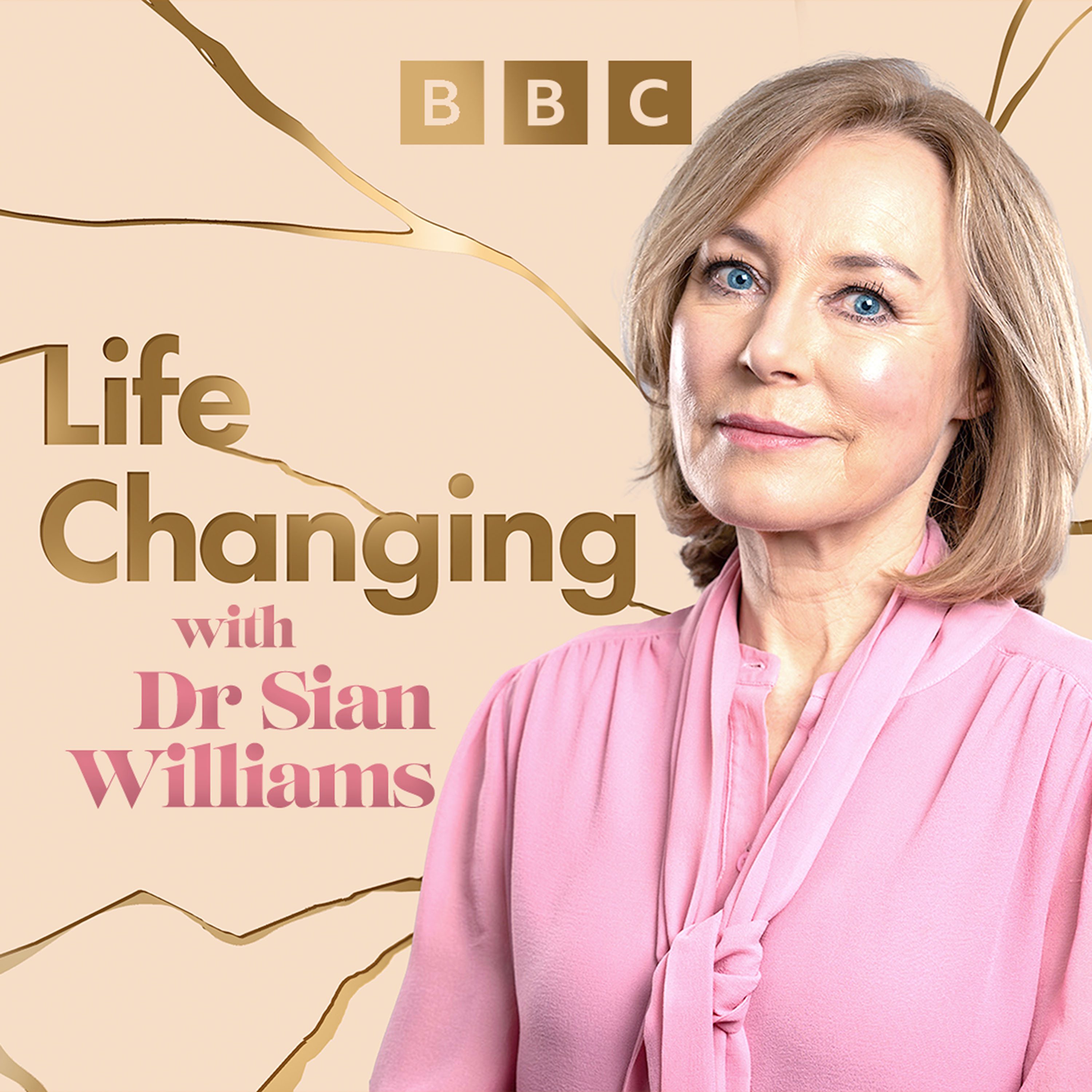
Life Changing
BBC Radio 4
Tech Life
BBC World Service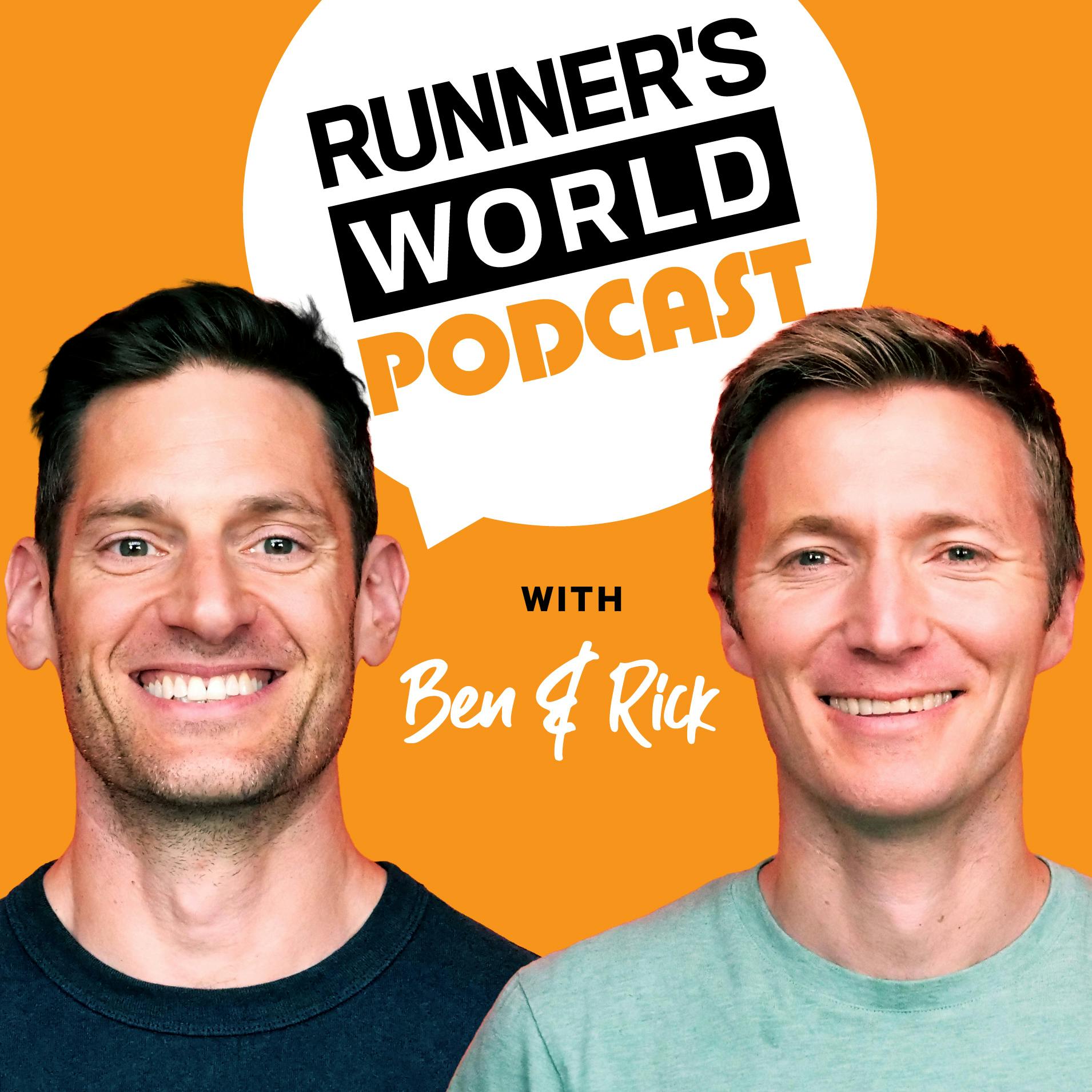
Runner's World Podcast
Runner's World UK
Buzzcast
Buzzsprout
Newscast
BBC News
Understand
BBC Radio 4
Cyber Hack
BBC World Service
Ghost Story
Audible| Pineapple Street StudiosDiz Runs Radio: Running, Life, & Everything In Between
Join Denny Krahe, AKA Diz, as he talks with a variety of runners about running, life, and everything in between.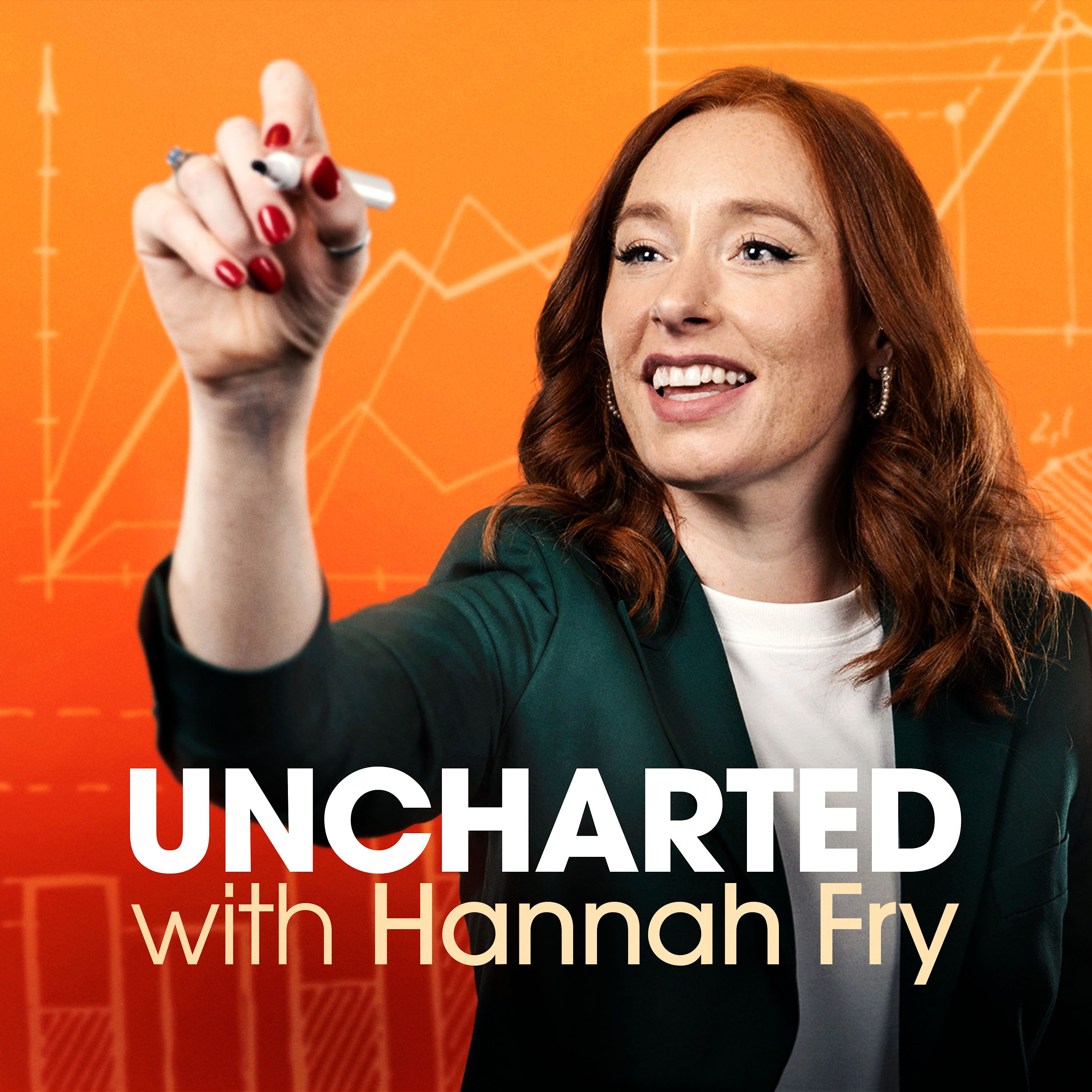
Uncharted with Hannah Fry
BBC Radio 4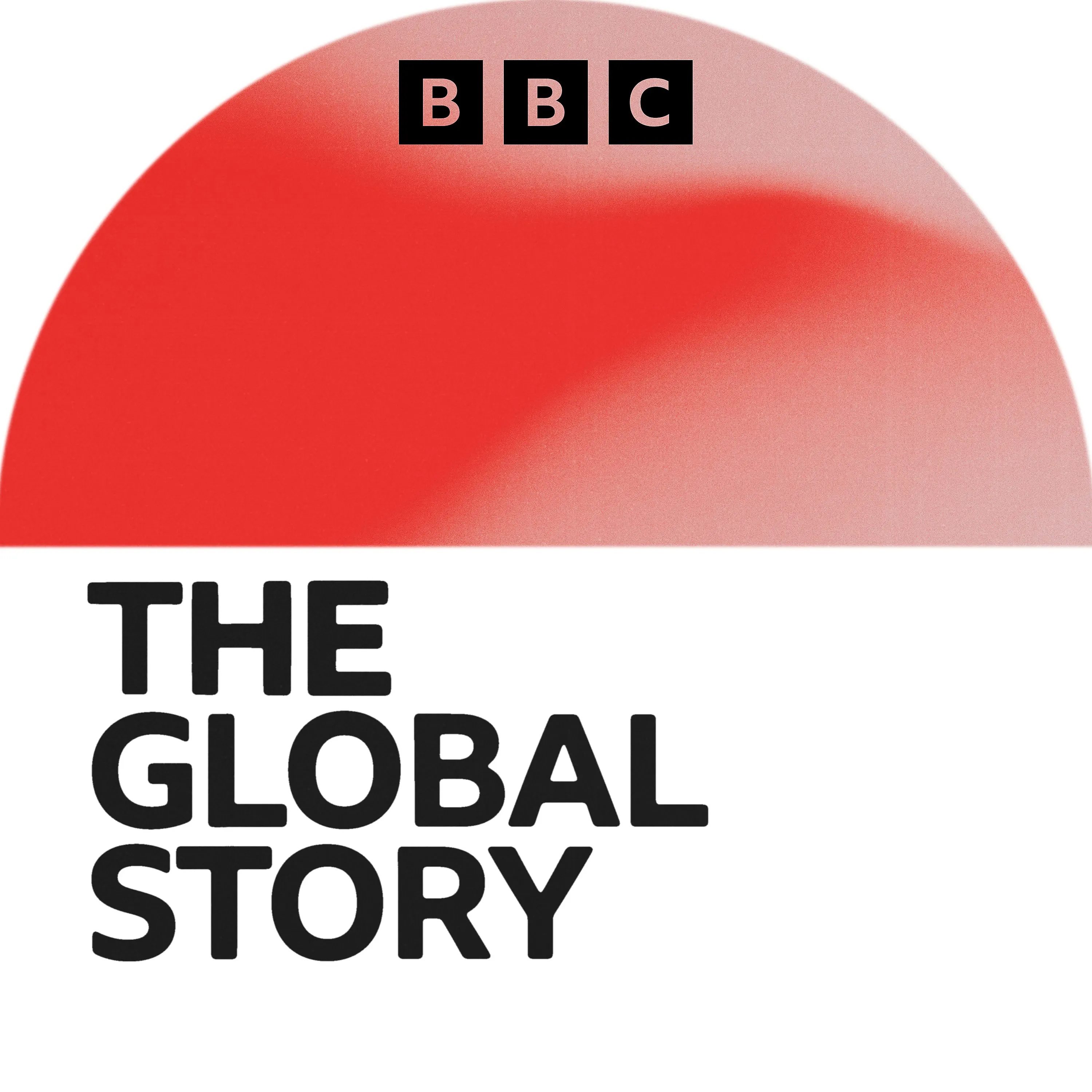
The Global Story
BBC World Service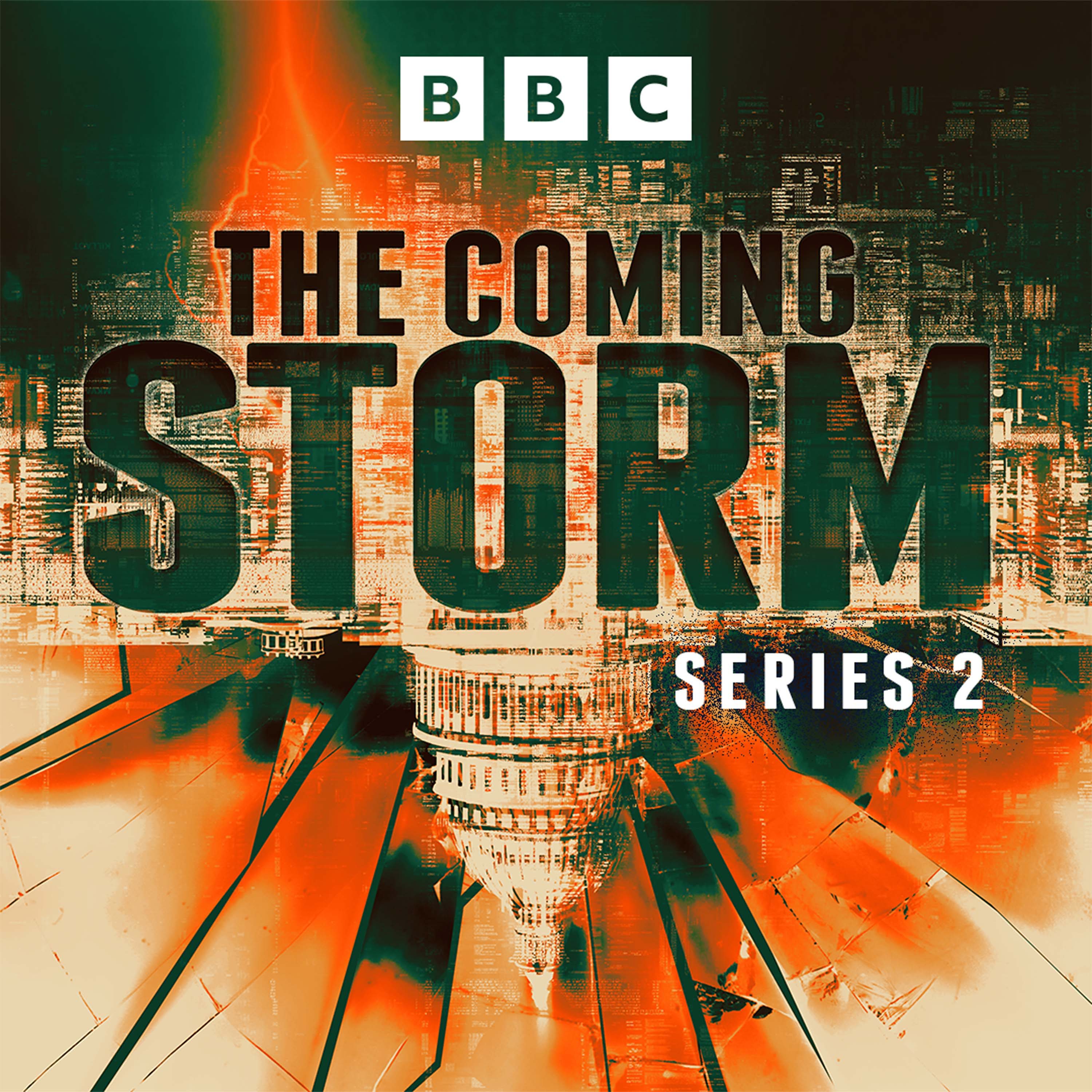
The Coming Storm
BBC Radio 4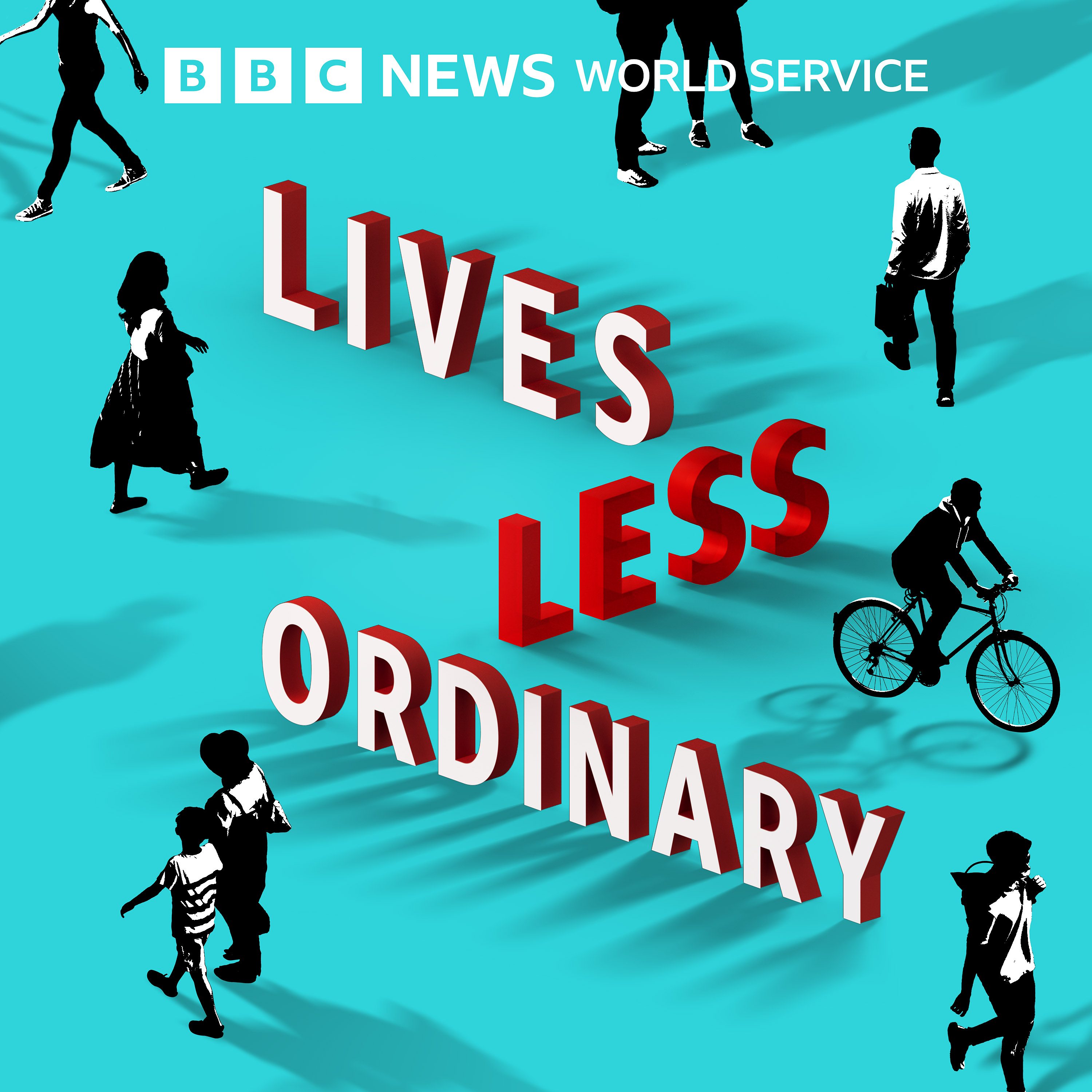
Lives Less Ordinary
BBC World Service
Do Epic Shit Today Podcast
Hannah Mulhern
The Rest Is History
Goalhanger
